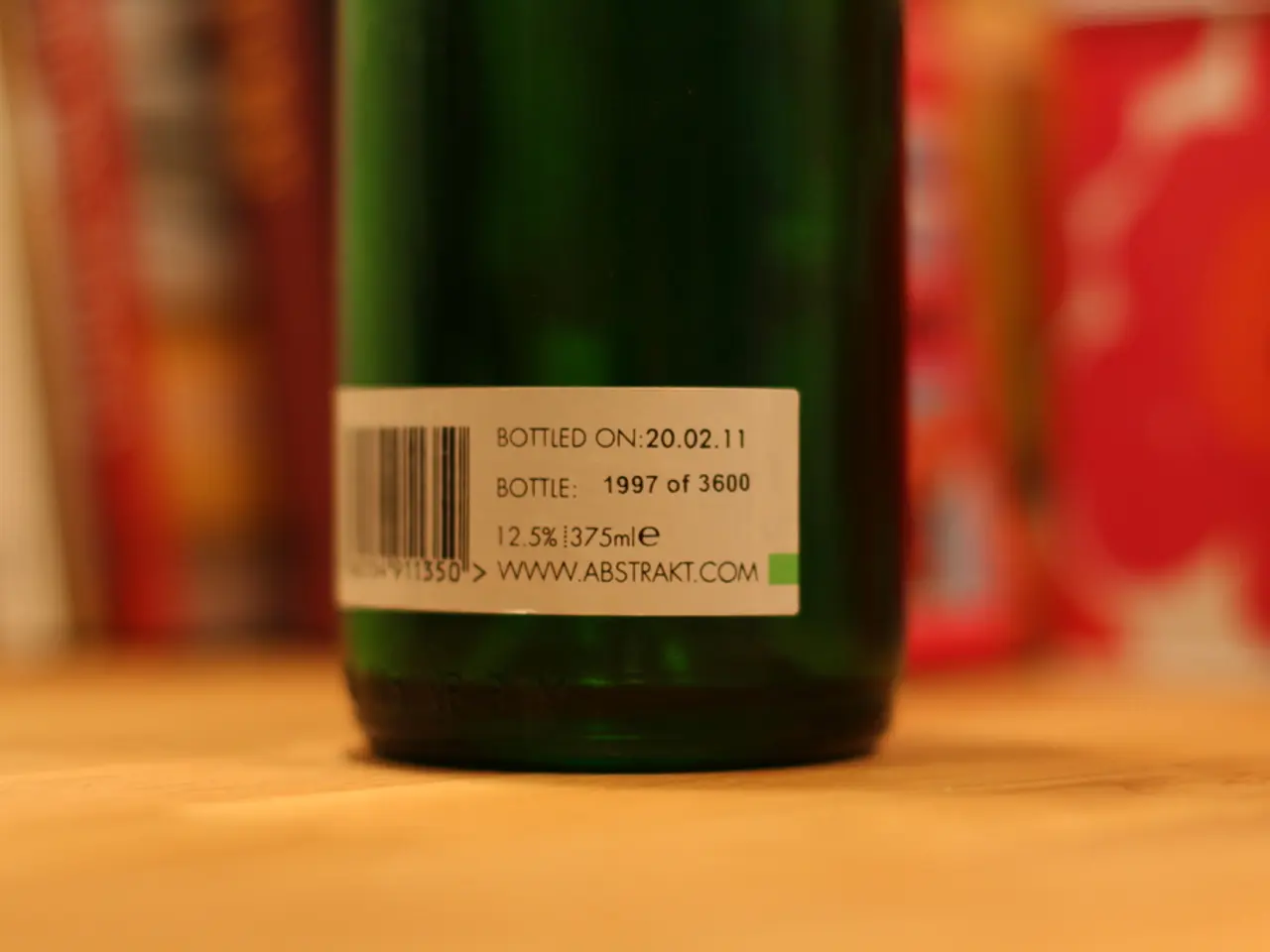Impact of Trump's EU tariffs on pharmaceutical costs
In a significant development, a 15% tariff on brand-name drugs imported from the European Union to the US is set to take effect, potentially affecting drugs like Ozempic, Wegovy, Botox, and Keytruda, which are largely manufactured in EU countries such as Denmark, Germany, and Ireland.
Key points regarding the impact and potential price increase for consumers include:
- Manufacturing Base: Many of these drugs are produced in the EU. For instance, Novo Nordisk (Denmark) manufactures Ozempic and Wegovy, while Pfizer and Johnson & Johnson have manufacturing hubs in Ireland for Botox and Keytruda. Germany also contributes to the production of other major drugs.
- Cost Impact: Analysts estimate the tariffs could add between $13 billion and $19 billion in costs to the pharma industry. Given the complexity of pricing strategies and contracts, companies may initially absorb some costs; however, over time, drug prices for consumers are likely to increase due to higher import costs.
- Pricing and Access: The tariffs will make imported branded drugs more expensive, possibly reducing access or increasing out-of-pocket costs for U.S. consumers.
- Industry Response: Pharma companies are considering strategies like localizing manufacturing or absorbing costs in the short term. However, the overall 15% tariff imposes a significant new expense on branded drugs imported from the EU.
In contrast, generic drugs, which account for about 9 out of 10 prescriptions filled in the United States, are not a lucrative enough business for companies to invest in new manufacturing facilities in the United States. The majority of generic drugs are manufactured in countries like China and India, not Europe.
Arthur Caplan, the head of the division of medical ethics at NYU Langone Medical Center, has expressed concerns about tariffs exacerbating drug shortages. It's worth noting that drug prices in the United States are already two to three times higher than they are in other countries.
The Association for Accessible Medicines, a trade group that represents generic drugmakers, is still assessing the potential impact of the tariffs. The Pharmaceutical Research and Manufacturers of America, a drug industry trade group, did not immediately respond to a request for comment.
In summary, the 15% tariff on EU pharmaceuticals is poised to raise overall costs for brand-name drugs like Ozempic, Wegovy, Botox, and Keytruda in the U.S., leading to a likely increase in drug prices faced by consumers over time, though the initial extent and timing depend on company strategies and contract negotiations in the supply chain.
The 15% tariff on EU pharmaceuticals may increase costs for the pharmaceutical industry by up to $19 billion, potentially leading to higher drug prices for consumers in the United States. This development, affecting drugs like Ozempic, Wegovy, Botox, and Keytruda, could also reduce access or increase out-of-pocket costs due to the higher import costs. In contrast, the majority of generic drugs are manufactured in countries like China and India, not Europe, making them less likely to be impacted by the tariffs.




